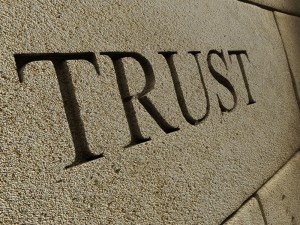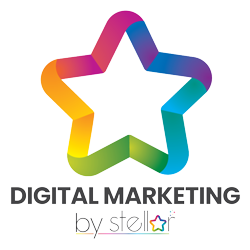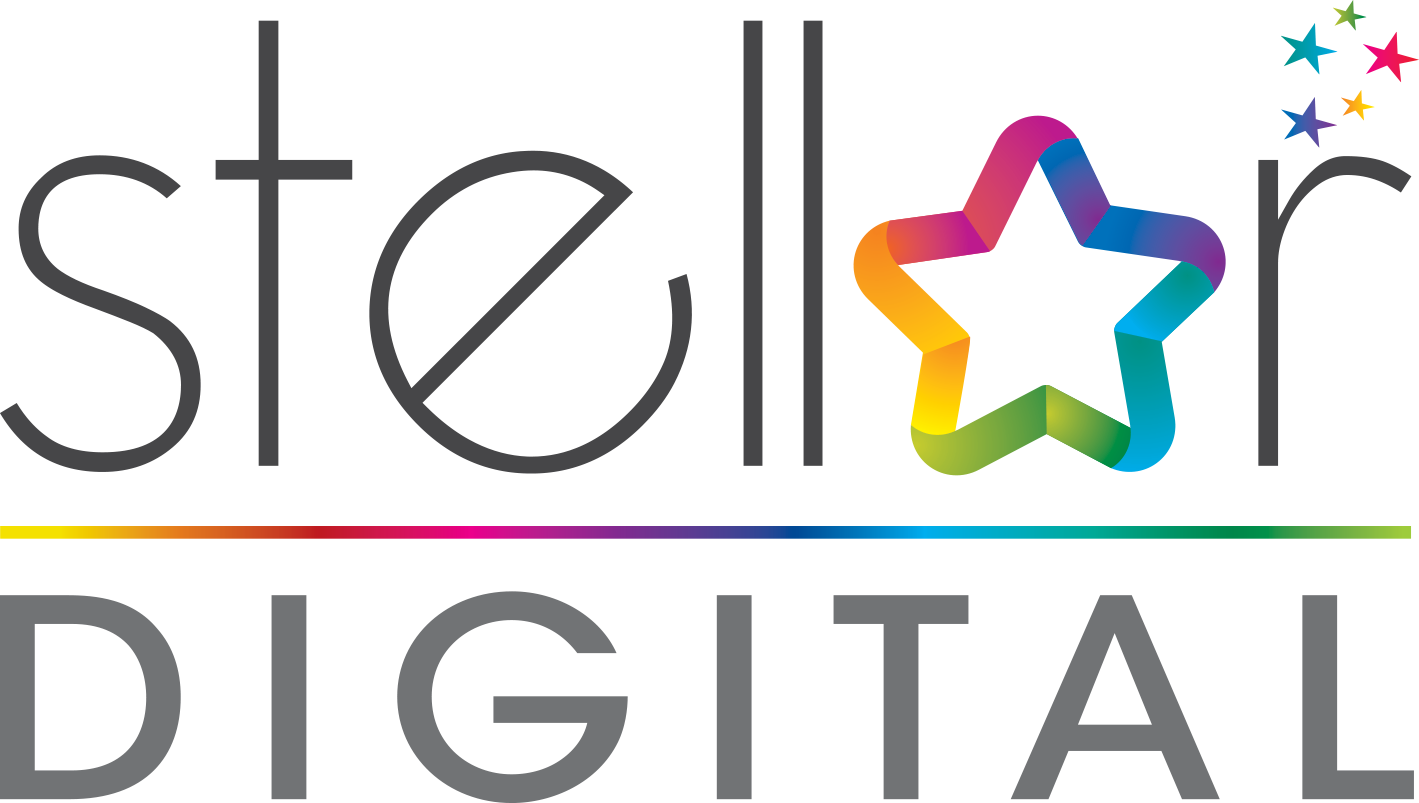 WOMEN are more skeptical than men when it comes to shopping online and look for key signs before they trust a website with their credit card details.
WOMEN are more skeptical than men when it comes to shopping online and look for key signs before they trust a website with their credit card details.
The trend on attitudes to e-commerce is female shoppers prefer a personal touch before they will trust a site over testimonials from other users. (However referrals from friends – especially via social channels – trumps all)
Women are more concerned about trust issues when it comes to giving details online and they look for the option of person-to-person contact via telephone, whereas we found that men are more trusting and tended to look for user forums and testimonials in making a buying decision.
But with the Christmas internet shopping rush nearly upon us, all consumers need to know how to tell whether a website can be trusted before they part with their credit card details.
For a small minority of the online shopper population, what they look for is a privacy statement if they are unsure about giving their credit card details and more advanced shoppers might seek out the site’s e-trust certificate – however for most of us, we just “hope for the best“.
A privacy statement can just be placed on a site by the owner but an e-trust badge is awarded by a third party and involves the site going through various compliance tests, all of which costs the owner money.
It’s best, however, to ensure that a site has a number of “trust indicators” other than privacy statements and e-trust certificates. Here are some other signs to look for:
CONTACT INFORMATION
Does the site have different ways of getting in touch? Better still, can you see a phone number? I’m surprised websites do not display phone numbers prominently rather than in contact information that is usually hidden in the footer. If a site offers an online operator, it is a strong reinforcement of trust.
SECURE CONNECTION
If the site has a secure connection it will say HTTPS rather than HTTP in the address bar and also have a padlock icon in it. If you click on the icon, it will give you information about the site including the secure connection certificate it has. If you click and it doesn’t say the name of the website you think you are visiting, then it may be a phishing site that is just trying to collect your information. If you aren’t sure, don’t give your details.
BRAND RECOGNITION
Do you know the brand or is it an “ACME Co”? Product and brand recognition is a very strong trust builder. But if you don’t know the brand it is important that you look for other indications that your credit card details will be safe.
MONEY BACK GUARANTEE
Just because it is there, doesn’t mean you will get it but it does show more of a commitment to the customer. A school of thought is that “Money back tends to appeal to older people”.
ORDER AND PAYMENT TRACKING
Are you being told what’s happening at every stage of the checkout process? Mysterious extras appearing in your shopping cart are a bad sign. What you want to see at every step is an item number, cost, product details and quantities. You need to verify that what you are just about to pay for, is exactly what you want.
PAYMENT OPTIONS
Do they offer a variety of payment options such as PayPal or telephone ordering? If you don’t feel that you can trust the security behind their system, or there is no SSL certificate (which tells you the connection to the site is secure), it may be a sign that the site is not to be trusted with your details. PayPal is becoming more and more popular as one of the most safest ways to transact online because it is more regulated and does not require you sharing your credit card details with every online vendor.
Do you have an online shop that doesn’t tick all the boxes? Speak to Justin at Stellar Digital Strategies.


0 Comments
You can be the first one to leave a comment.